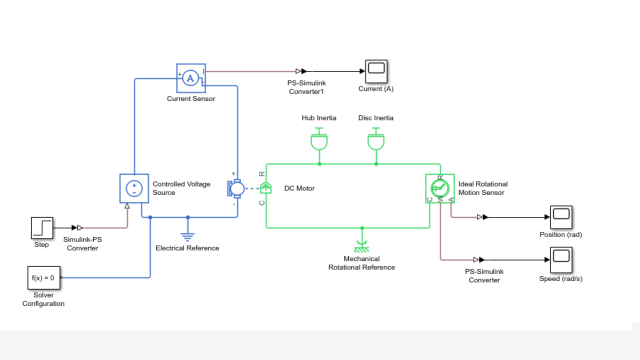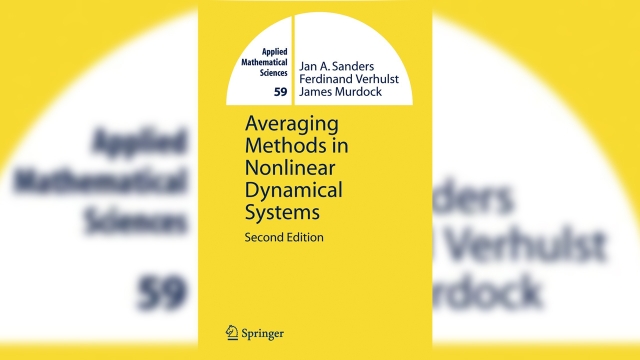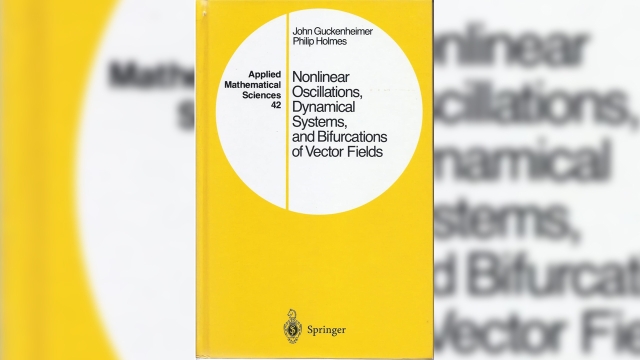A mathematical model is a description of a system using mathematical concepts and language. The process of developing a mathematical model is termed mathematical modeling. Mathematical models are used in the natural sciences (such as physics, biology, earth science, chemistry) and engineering disciplines (such as computer science, electrical engineering), as well as in non-physical systems such as the social sciences (such as economics, psychology, sociology, political science). Mathematical models are also used in music, linguistics and philosophy (for example, intensively in analytic philosophy).
Topic
Modeling (Dynamics)
This topic includes the following resources and journeys:
Type
Experience
Scope
What Are Dynamic Models? Chapter 1 from Dynamic Models in Biology
Throughout this book we use a wide-ranging set of case studies to illustrate different aspects of models and modeling. In this introductory chapter we describe and give examples of different...
See MoreUsing Simscape™ to Model a Quanser QUBE-Servo 2 with Friction
Modelling a DC servomotor is one of the common examples used in control system textbooks and courses. Given that so many systems use DC motors, e.g. robot manipulator arms, it’s an important...
See MoreCreating Discrete-Time Models
This MATLAB example shows how to create discrete-time linear models using the tf, zpk, ss, and frd commands.
Averaging Methods in Nonlinear Dynamical Systems
Perturbation theory and in particular normal form theory has shown strong growth during the last decades. So it is not surprising that the authors have presented an extensive revision of the...
See MoreNonlinear Oscillations, Dynamical Systems, and Bifurcations of Vector Fields...
From the reviews: "This book is concerned with the application of methods from dynamical systems and bifurcation theories to the study of nonlinear oscillations. Chapter 1 provides a review...
See More




